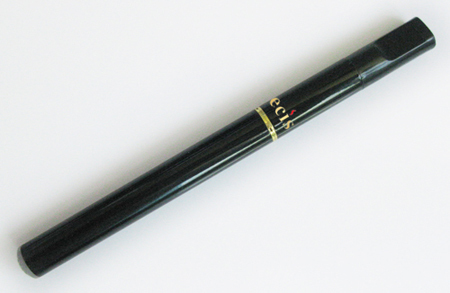A new law expanding Maine’s ban on public tobacco use to include e-cigarettes took effect in October, prohibiting e-cigarette use in restaurants, public beaches, and other gathering spots.
Tobacco use in privately owned restaurants has been illegal in Maine since 2004, and smoking on government property has been illegal since 2009. The new law treats e-cigarettes as tobacco products in the definitions of the state’s smoking bans.
‘Pandering to Hypochondria’
Christopher Snowdon, director of lifestyle economics at the Institute of Economic Affairs, says e-cigarettes and tobacco products are very different, despite visual similarities.
“No credible evidence has ever been produced to justify vaping bans on the grounds of health to bystanders,” Snowdon said. “The vapor from e-cigarettes is indistinguishable from air, [as] far as health is concerned. Any authorities that ban vaping on grounds of secondhand vapor are pandering to hypochondria.”
Snowdon predicts tax hikes on e-cigarettes will follow the restrictions.
“E-cigarettes and other safer nicotine products have the potential to virtually eradicate smoking within a generation,” Snowdon said. “This would leave a serious hole in state budgets, so it would not be surprising if they start taxing e-cigarettes. However, taxing a product that helps people quit smoking and improve their health would expose the lie that tobacco taxes are about improving health.”
Snowdon says public health bills like the new ban aren’t healthy for the public.
“The public health movement today is about little more than creating criminal offenses,” Snowdon said. “It is a fundamentally anti-freedom, anti-market enterprise. I think the Founding Fathers are spinning in their graves. … It is madness on every level. It is contrary to science, health, and liberty.”
Ignoring Science
Nathan Strout, a development associate at the Maine Heritage Policy Center, says the new law ignores the science of e-cigarettes.
“While e-cigarettes and traditional cigarettes may seem similar to a casual observer, equating them ignores the vast differences between the two products,” Strout said. “Anyone who claims e-cigarettes are just as bad for you as traditional cigarettes clearly has no understanding of how e-cigarettes work and the research that has been done on them.
“These state-level pushes are generally the result of people not understanding the scientific research that’s been done on e-cigarettes,” Strout said. “Some state legislators never take time to do their research, instead choosing to take hyperbolic and misleading headlines at face value.”
Tony Corvo ([email protected]) writes from Beavercreek, Ohio.



